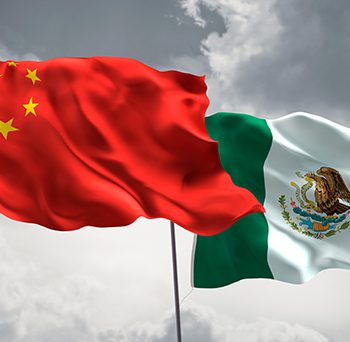
Presidential elections 2018, Economic impact
- Posted by Colombia
- On Sunday August 19th, 2018
- 0 Comments
- Gustavo Petro, Ivan Duque, presidential elections, votes
On May 17, the second round of the presidential elections between the candidates Gustavo Petro and Ivan Duque took place in Colombia, with Duque being the winner with more than 50% of the votes. President Duque occupied the presidential office on August 7th and will be in charge from 2018-2022. Iván Duque is a lawyer and worked for the Inter-American Development Bank for 12 years
After a Presidential election in the country, one of the most important points is the economic platform and what will be the impact in the national and International economy. In the case of the incoming government, its economic proposals have been considered by multiple analysts as positive for the Colombian economy, these are beneficial for the growth of the country and generate a stable environment for the investment and the Business Development. There are multiple changes and opportunities that come with the new government and provide an ideal scenario for investment in the country.
In the words of Jonathan Malagón, professor of Advanced macroeconomics at the National University of Colombia, the new government program is “balanced.” Malagón emphasizes the way Duke considers the possibility of maintaining and promoting the mining-energy sector in the country, while using the income to sponsor productive transformation strengthen and promote other sectors of the Economy as the so-called “orange economy”, based on creativity, innovation, culture and intellectual property. Guillermo Aponte, an economist and professor at the Autonomous University of the West, agrees that the Duque government would be beneficial for the growth of sectors such as mining extraction and the activities of the aforementioned “Orange economy”. Aponte also claims that President Duque will privilege foreign investment in the country.
In addition to these growth projections of several sectors and of foreign investment, the economic platform proposed by the incoming government is considered an alternative that benefits the stability of the market and generates confidence between national and foreign entrepreneurs interested in investing in the country. A reliable example of this is the support provided by Guillermo Botero, president of the National Federation of Traders (Fenalco), to the President’s campaign by considering that Duque “generates more confidence” and that his proposals are necessary to continue with the economic recovery that the country experiences.
The agenda raised by Duque and his cabinet includes other points of great relevance, such as facilitating the creation of new companies in the country and providing facilities to both nationals and foreigners before the national government, with processes such as the announced tax simplification. In addition, the Duke government suggests a reduction in the tax for the private sector to leave it between 27% and 28%, fulfilling the standards of the OECD, organization that demands high quality and uniformity in the processes and to which the country entered the Month of May of this year.
In this scenario, it’s plain to seethat the arrival of Duke contemplate new possibilities on an economic level for nationals and foreigners who wish to start new projects or invest in the country. The reduction of taxes, projects to facilitate the formalities before the state, impulse to several sectors of the economy, legal certainty and the confidence that presents the market generate an environment for the growth and the investment in Colombia.




0 Comments